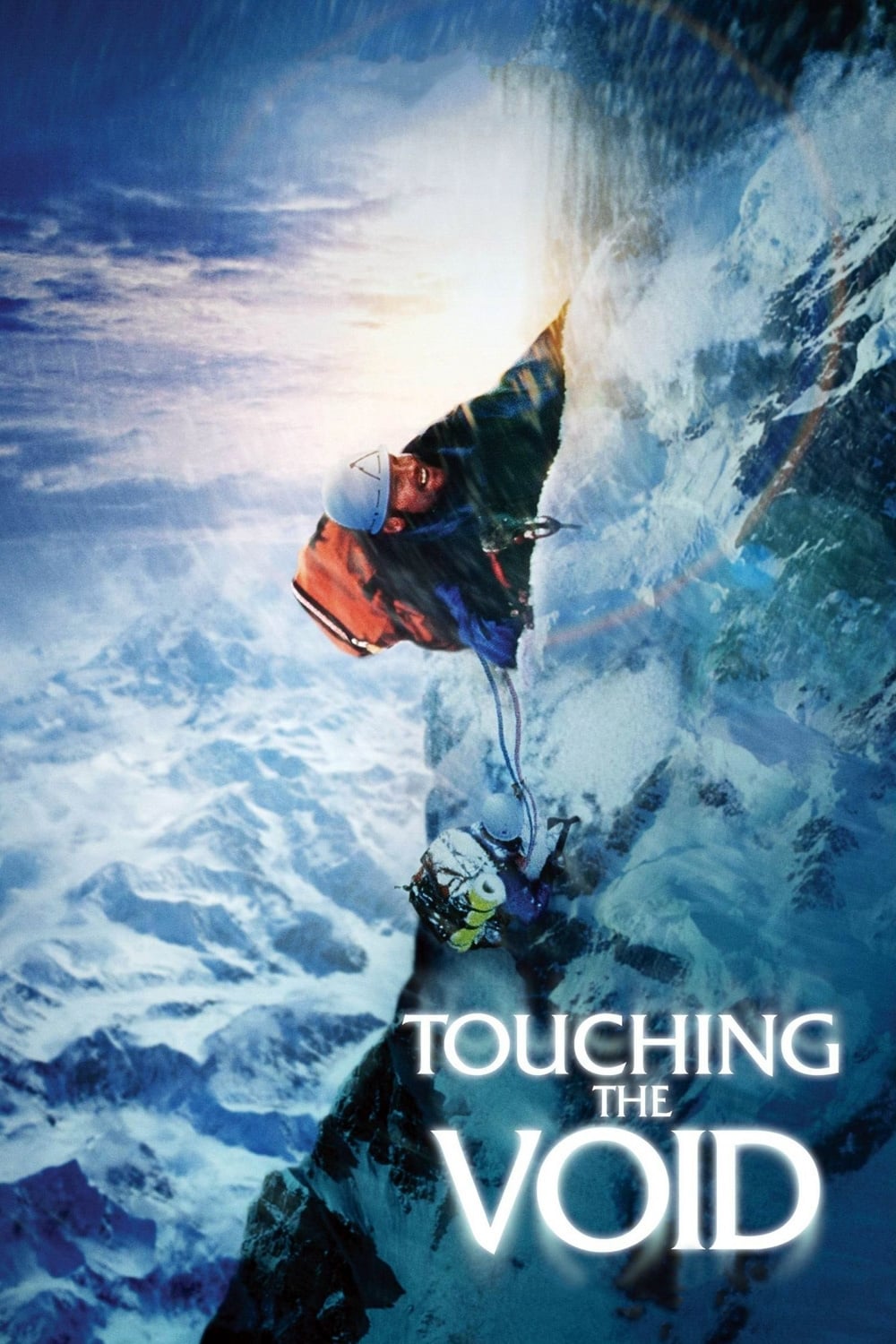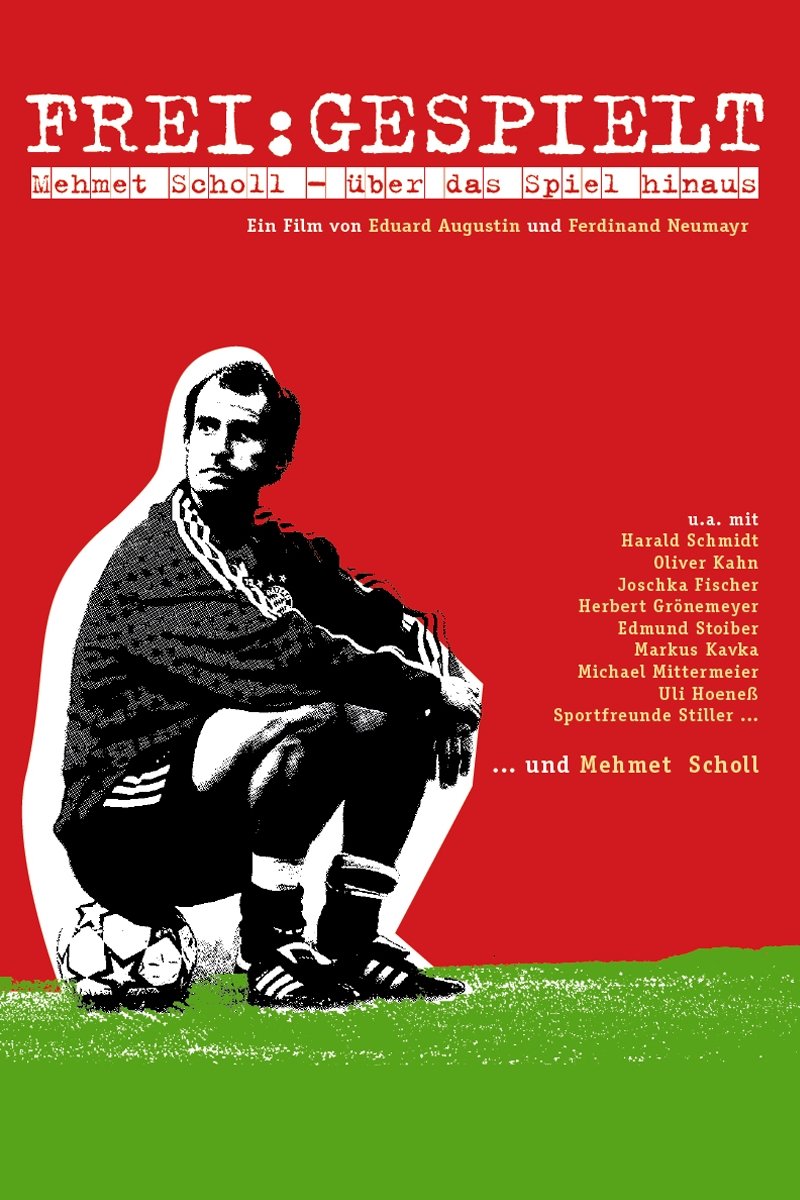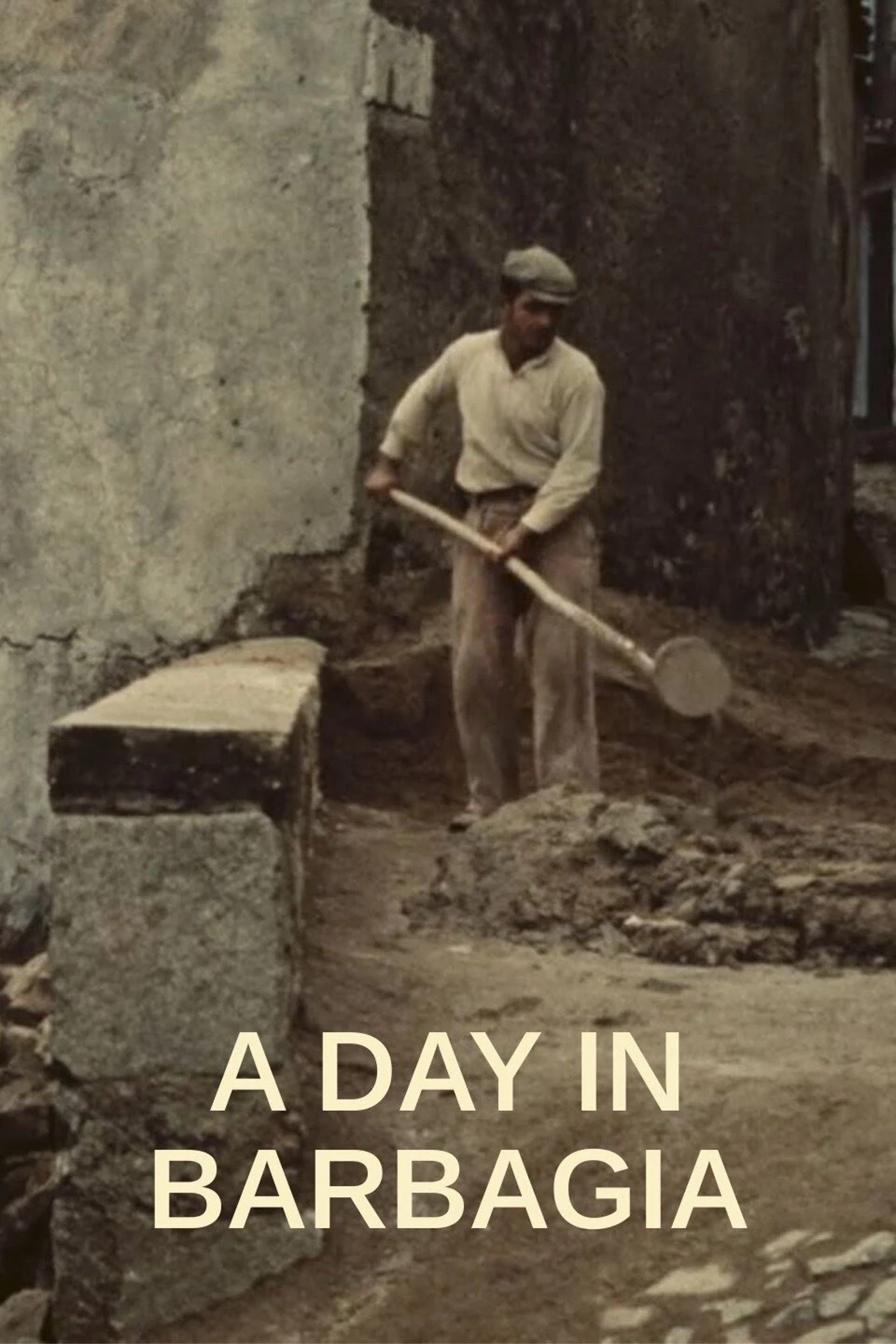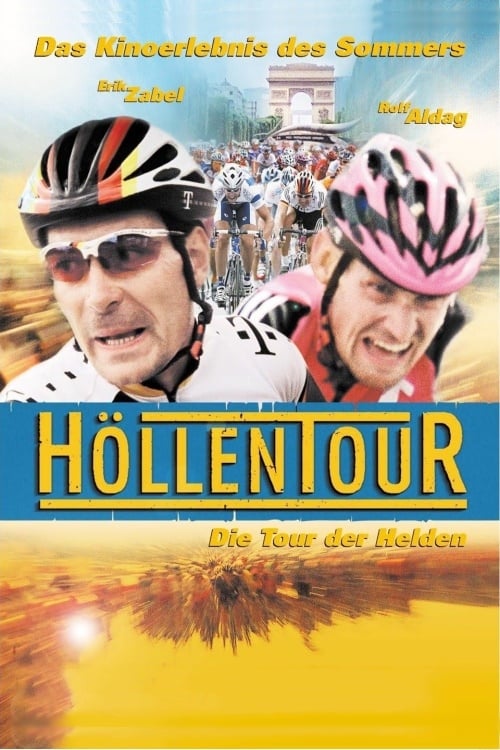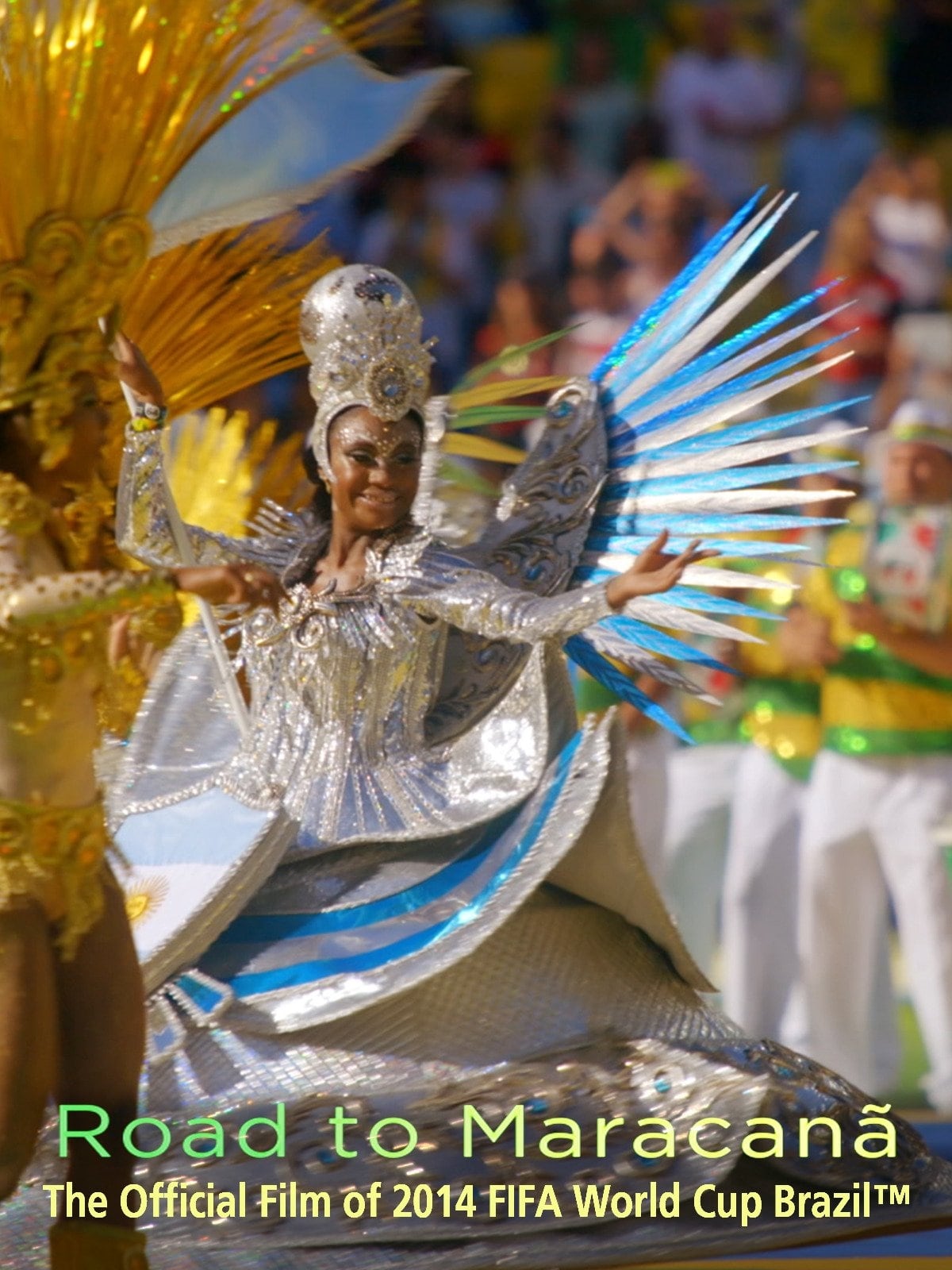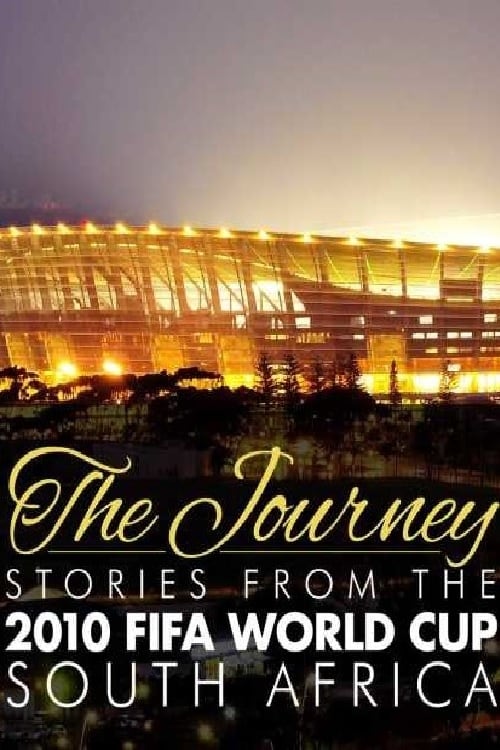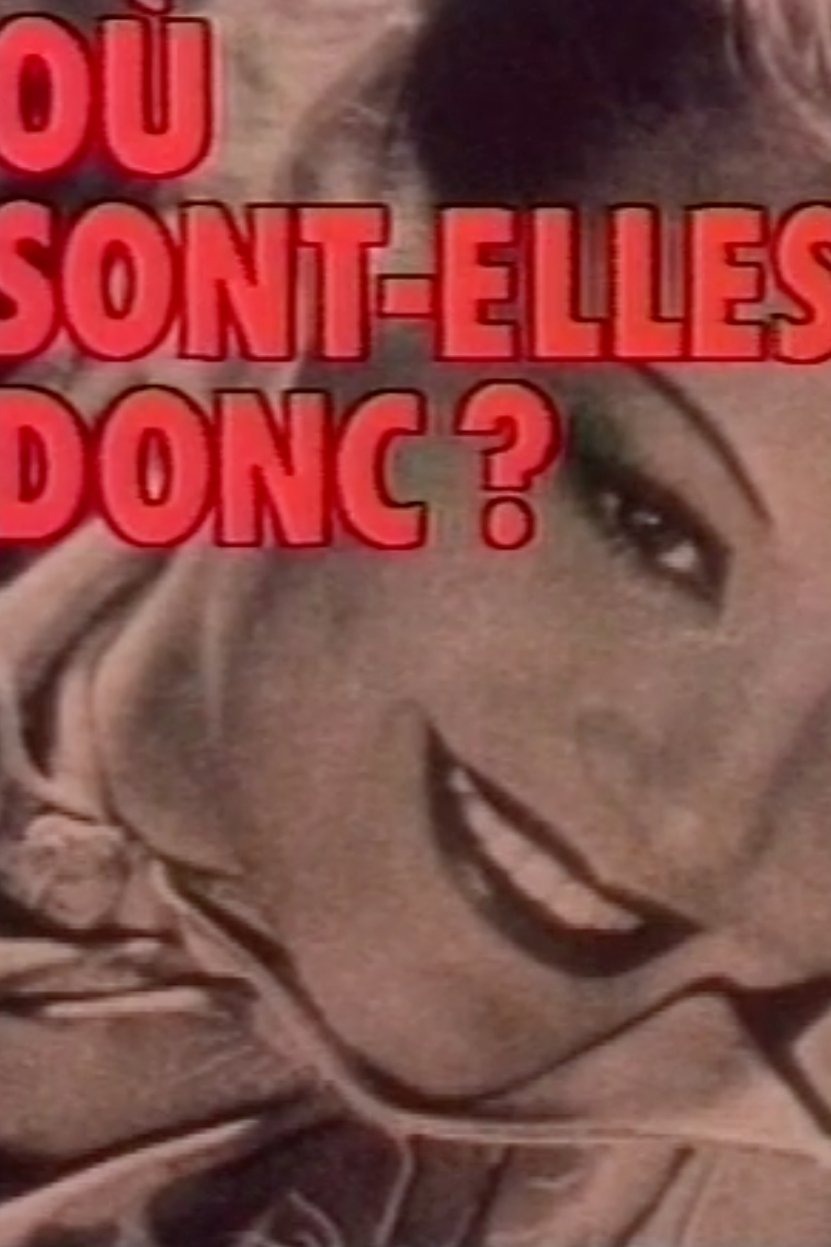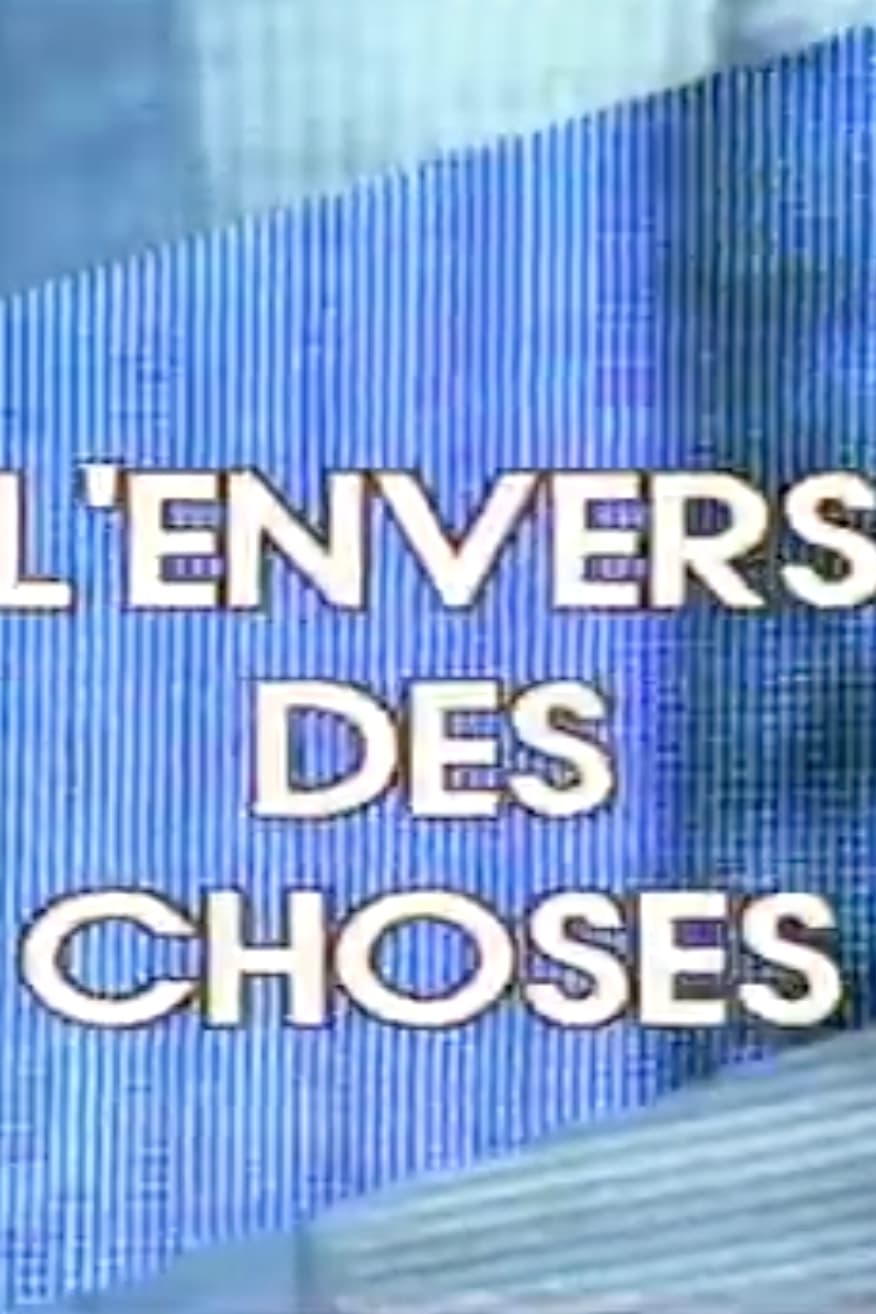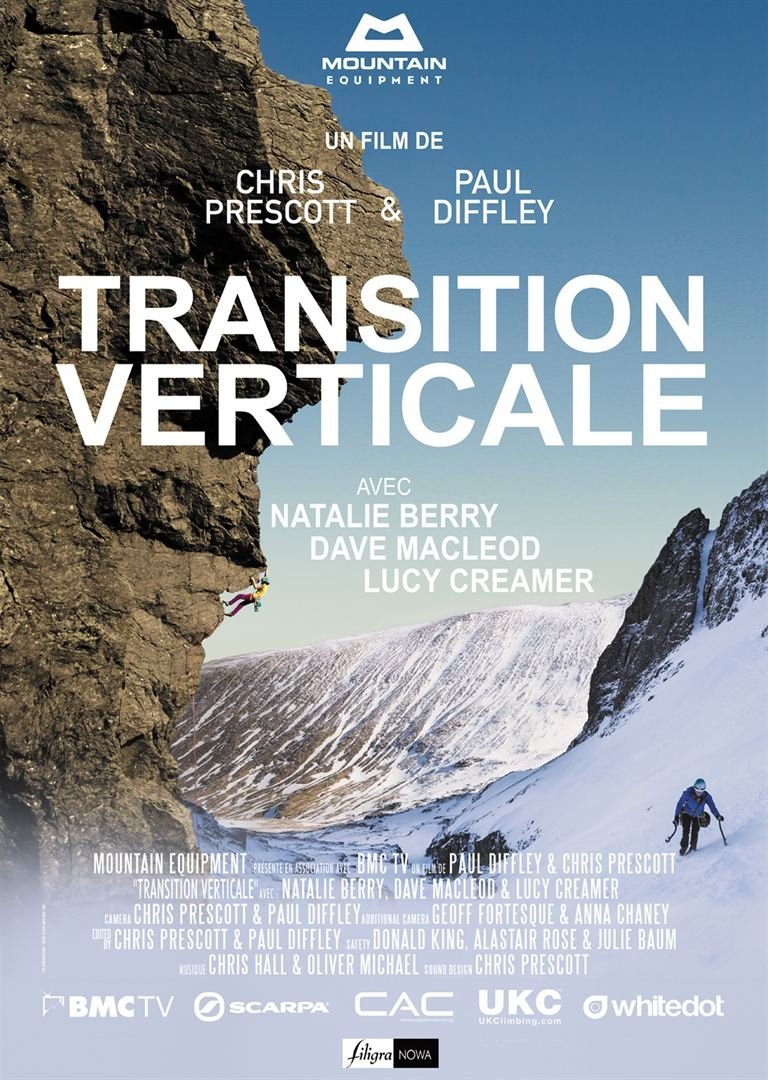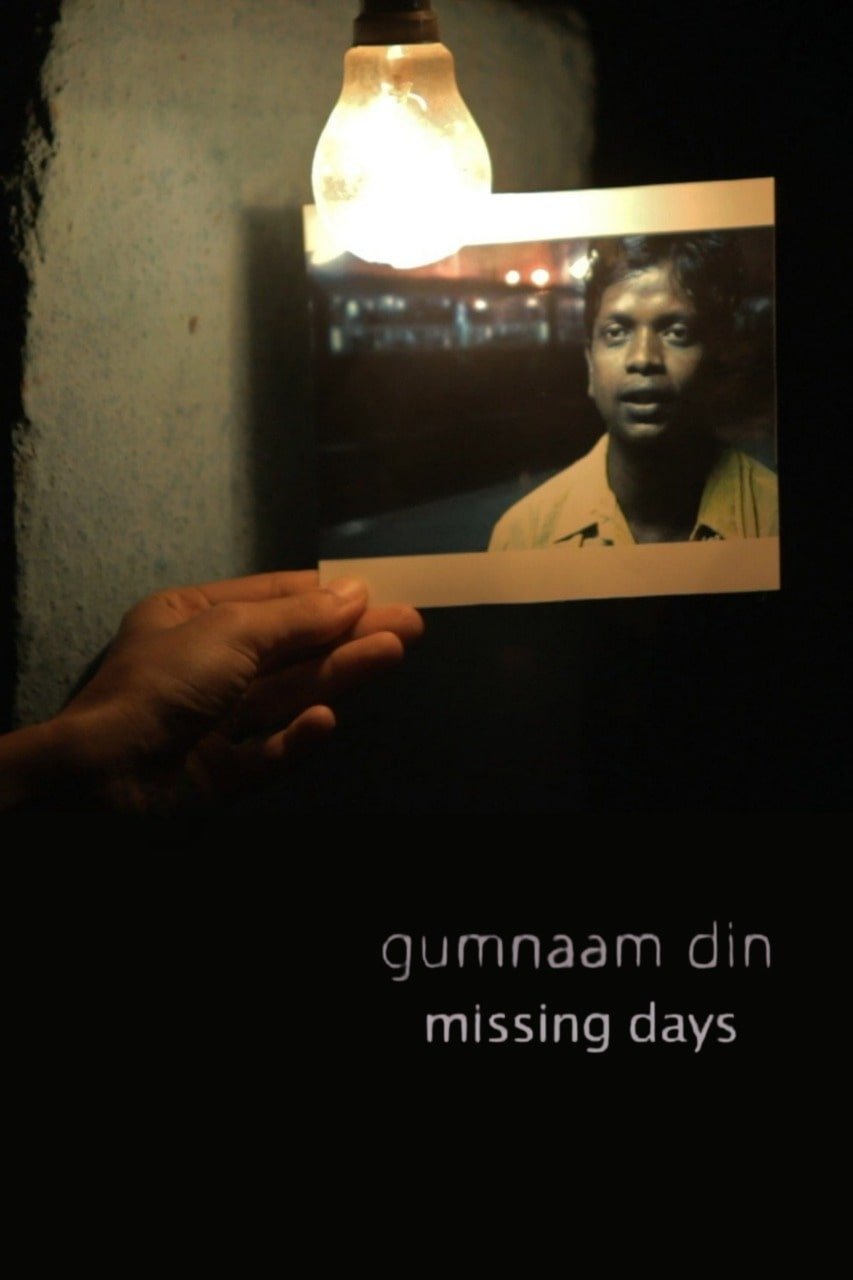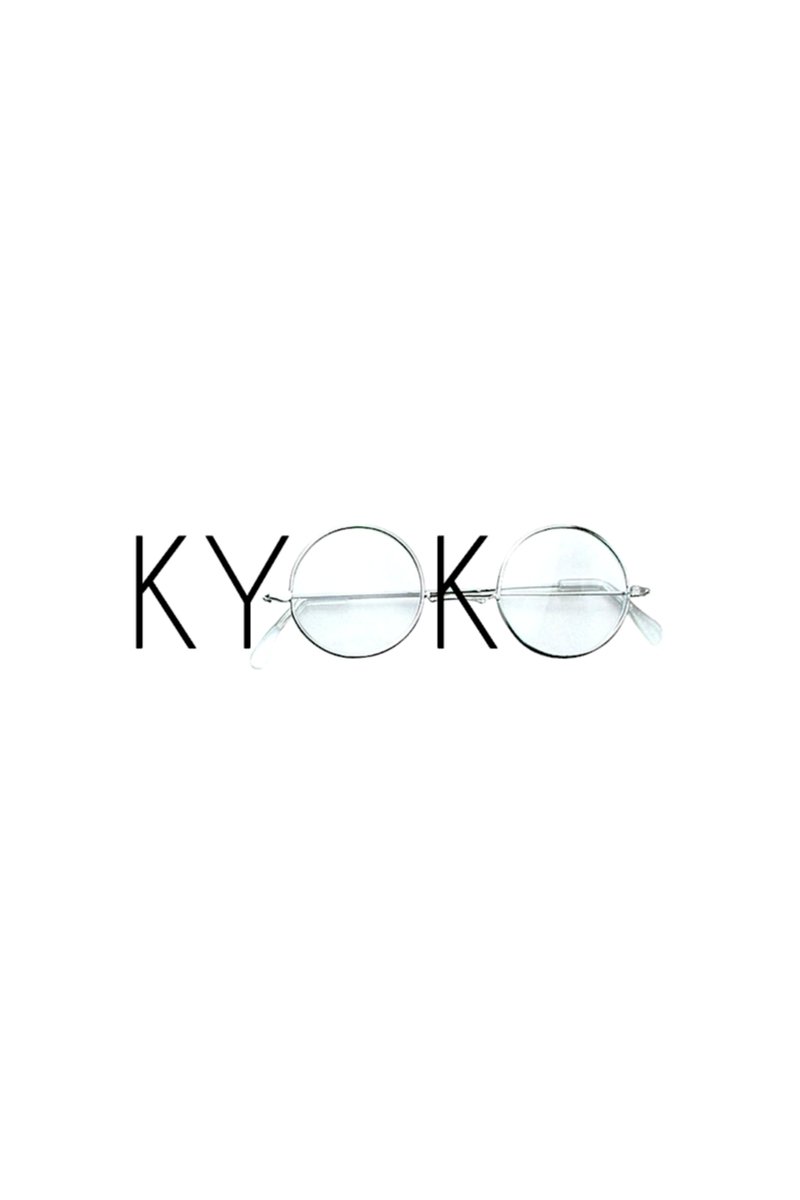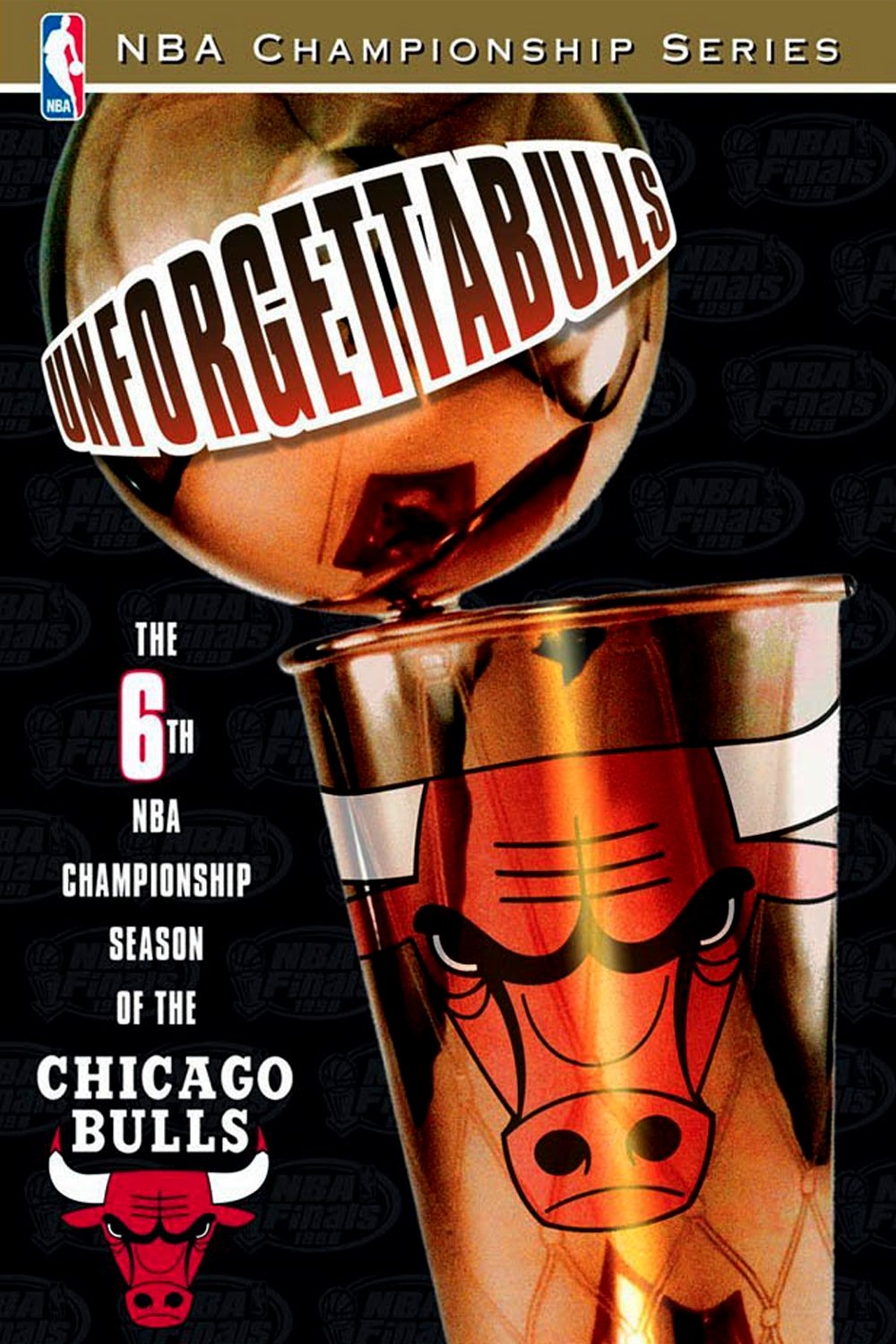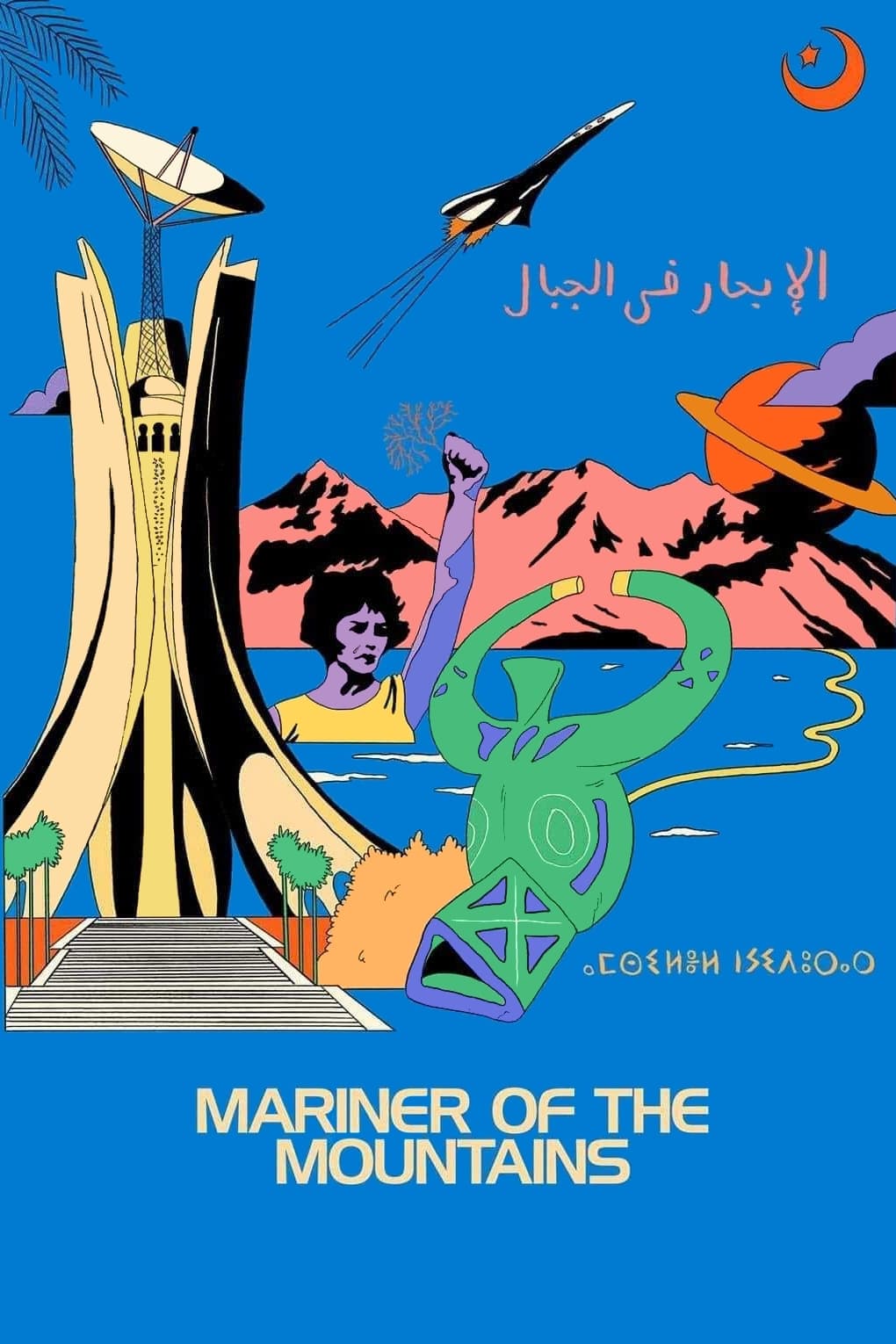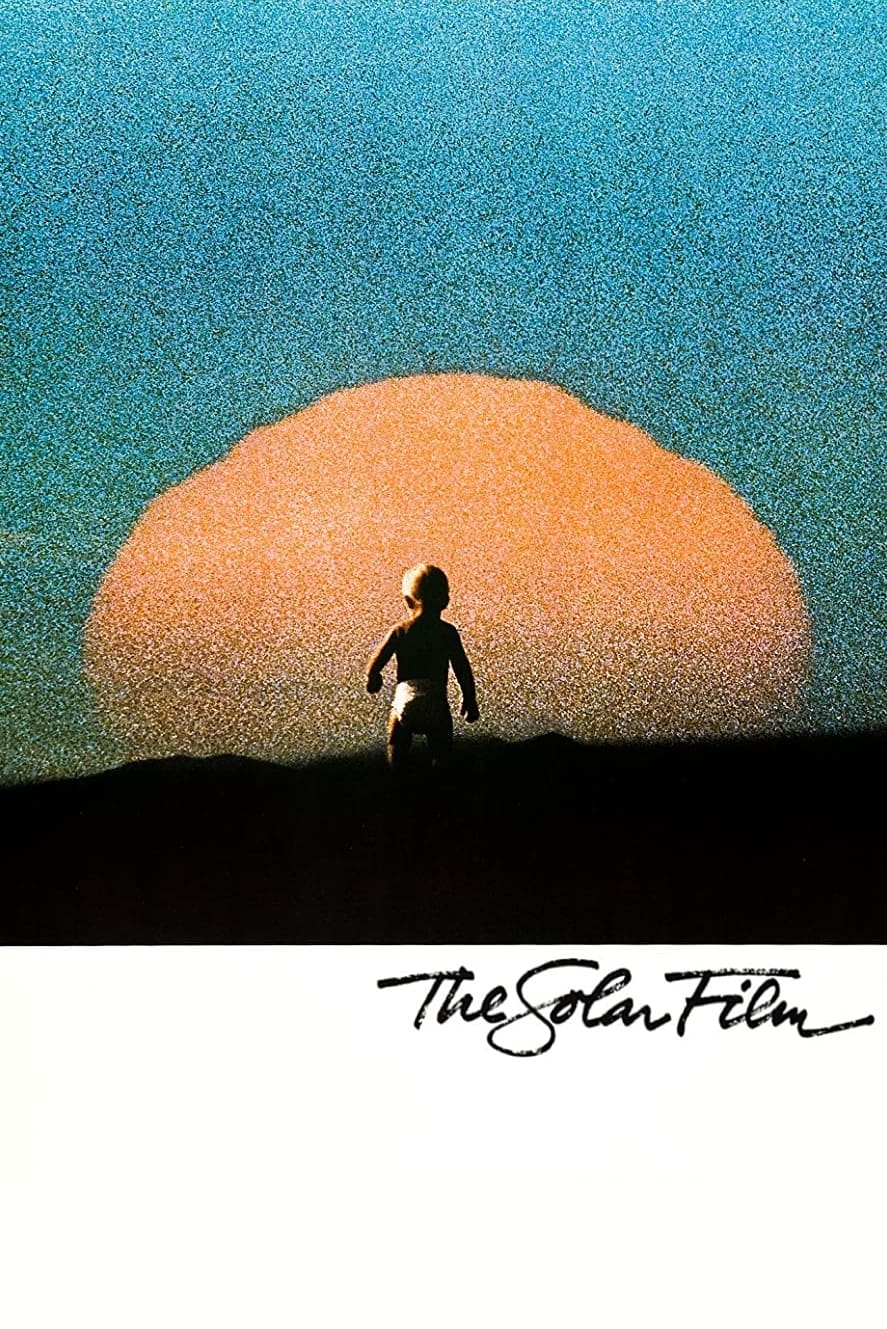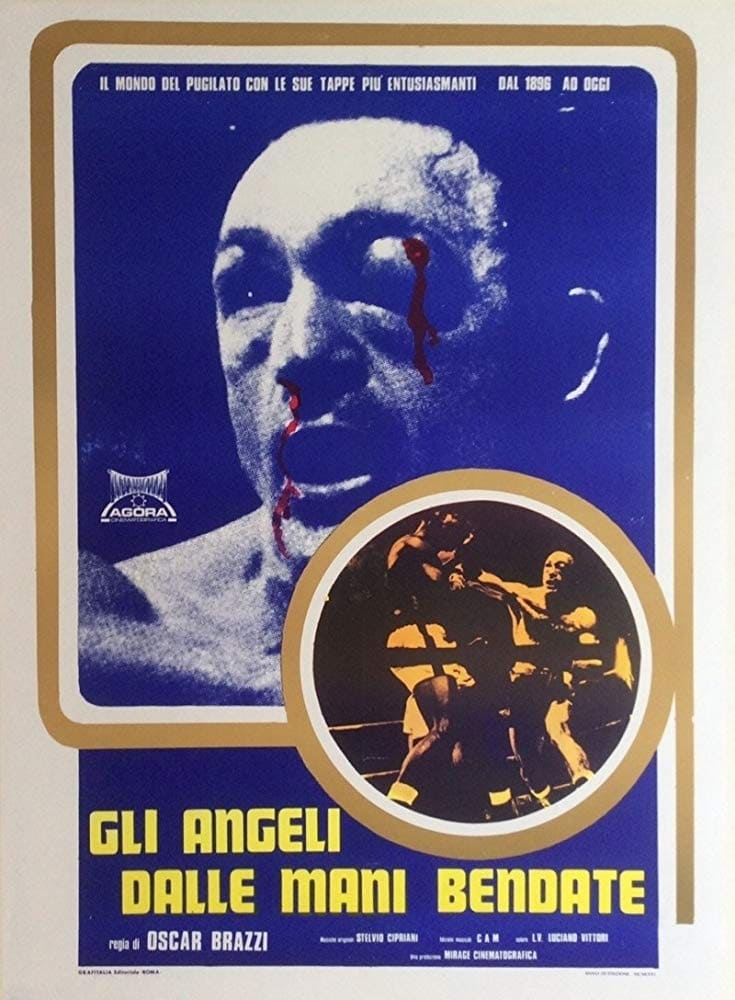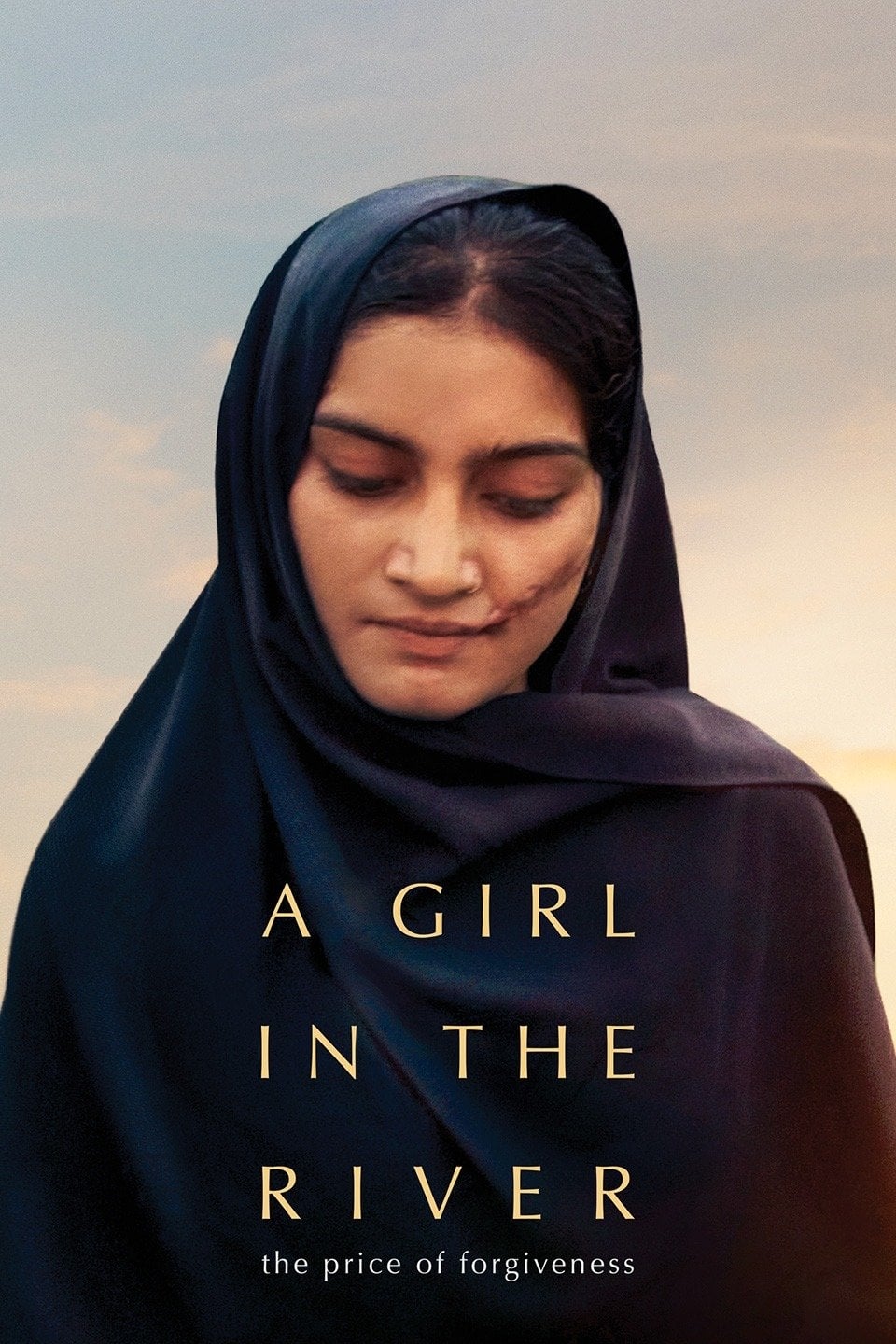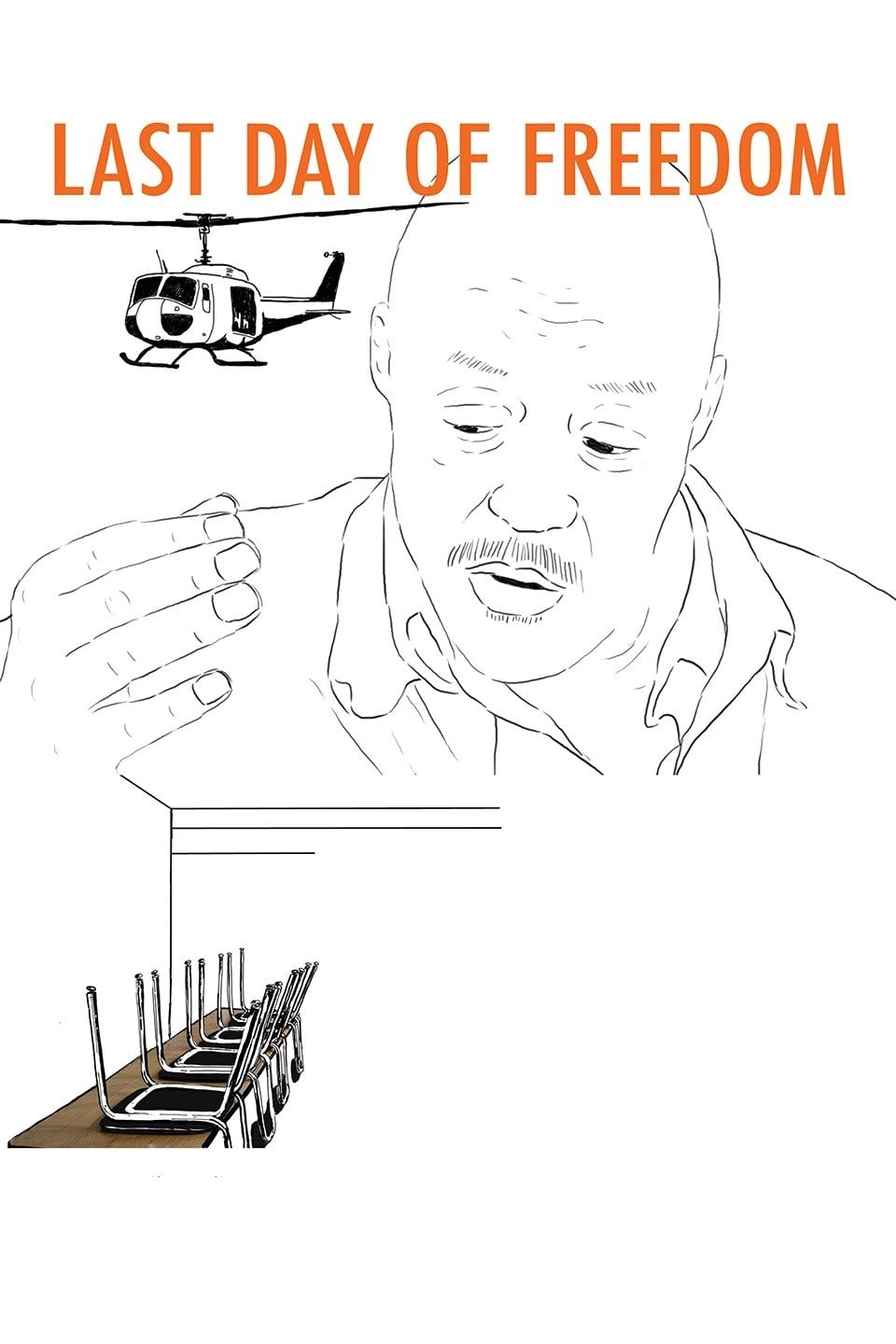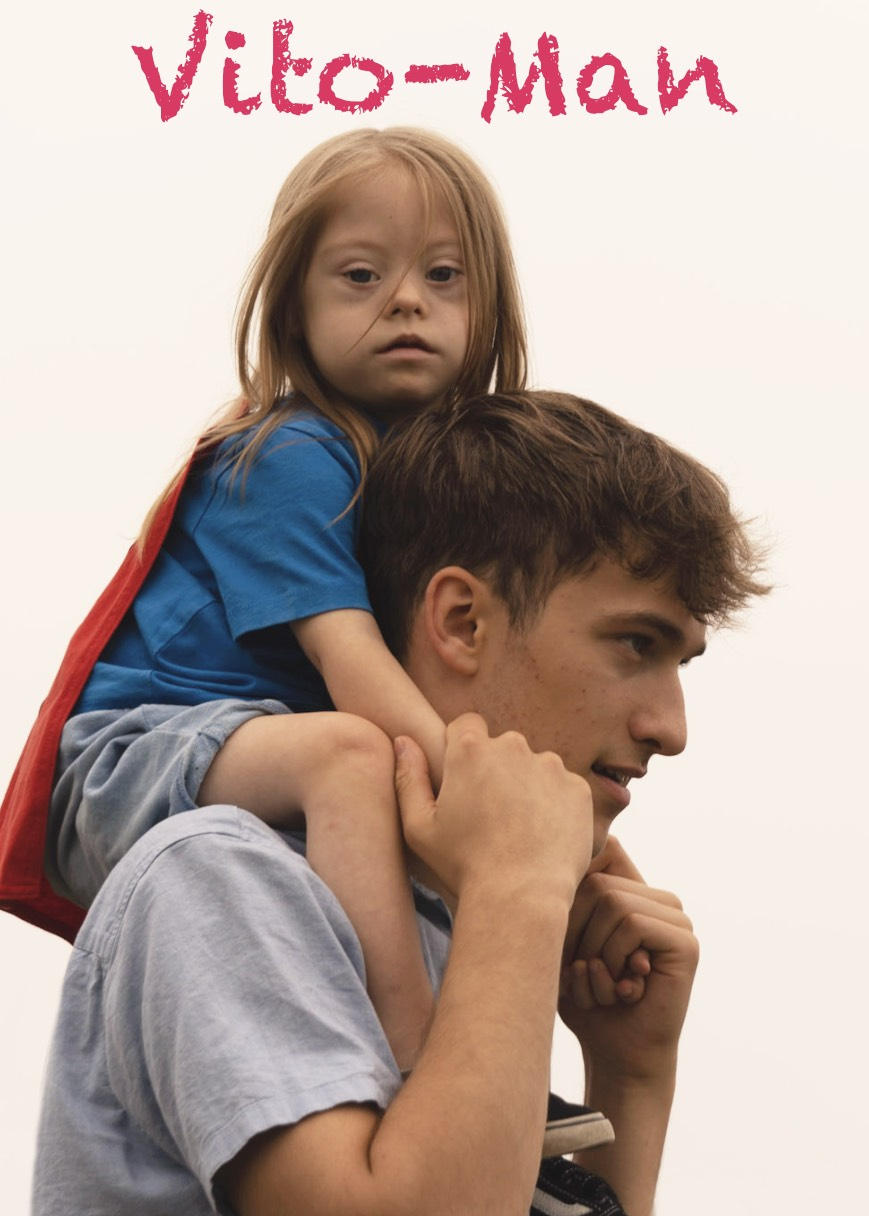Production Companies

Additional Info
| Budget | $0.00 |
|---|---|
| Revenue | $0.00 |
| Original Language | cs |
| Popularity | 0.0758 |
Directed By
Jan Bělohlavý
TOP CAST
Similar Movies
Touching the Void
The true story of Joe Simpson and Simon Yates' disastrous and nearly-fatal mountain climb of 6,344m Siula Grande in the Cordillera Huayhuash in the Peruvian Andes in 1985.
A Day in Barbagia
Against the background of flocks of sheep at pasture, mules walking down unpaved roads, tractors in the fields, and isolated figures in a deserted village, a caption explains that Barbagia is a vast region in Sardinia; Orgosolo, Oliena and Mamoiada are villages of shepherds and the men spend most of the year far away, with their flocks. This is why the houses and the children are entrusted to the women, who cut the wood, work the fields and prepare bread, shepherds’ bread.
Hell on Wheels
Year after year hundreds of thousands of fans line the route of the Tour de France, cheering on their heroes and willing them to victory, while millions of viewers worldwide tune in on their televisions. Academy Award-winning director Pepe Danquart, fascinated by the spectacle of the three week race, chose to focus on the courage, the pain and the fear of the riders of the Tour. Training his lens on German superstar sprinter Eric Zabel and his loyal domestique Rolf Aldag, Danquart captures the thrill of the race and the teamwork behind the stars of the peleton. He also shines light on the Tour's supporting cast - the director sportifs, masseurs, and, of course, the wildly enthusiastic fans. Reveling in the stunning landscape - from the Alps to the Pyrenees to the Massif Central to Paris - and with a nice dollop of Le Tour's history, HELL ON WHEELS transcends the sport it celebrates to reveal an astonishing human endeavor.
The Road to Maracanã
The 2014 FIFA World Cup in Brazil as you have never seen it before. Relive the emotions of the players, the goals, the misses, the heartbreak, the joy. In addition to re-living the action on the pitch, enjoy the journey from the bustling city of São Paolo to the indigenous tribes of the Amazon, as Neymar, Messi, Rodriguez and Müller strive towards FIFA World Cup glory. Also known as “Road to Maracanã."
Workers Leaving the Lumière Factory
Working men and women leave through the main gate of the Lumière factory in Lyon, France. Filmed on 22 March 1895, it is often referred to as the first real motion picture ever made, although Louis Le Prince's 1888 Roundhay Garden Scene pre-dated it by seven years. Three separate versions of this film exist, which differ from one another in numerous ways. The first version features a carriage drawn by one horse, while in the second version the carriage is drawn by two horses, and there is no carriage at all in the third version. The clothing style is also different between the three versions, demonstrating the different seasons in which each was filmed. This film was made in the 35 mm format with an aspect ratio of 1.33:1, and at a speed of 16 frames per second. At that rate, the 17 meters of film length provided a duration of 46 seconds, holding a total of 800 frames.
L'Envers des choses
A verlan discussion in a cafe between two young people about a motorbike and girls.
Transition
Natalie Berry is one of the UK’s leading female sport and competition climbers. Despite having lived in Scotland all her life, home to some of the best traditional and winter climbing in the world, she has yet to venture into the mountains so close to home. ‘Transition’ follows Natalie over the course of a year as she takes her first exploratory steps into a new world, closely following the highs and lows of the pursuit of a life in the mountains.
Missing Days
They set off, looking for work in far-off places, but disappeared along the way. Inspired by Shiv Kumar Batalvi’s “birha” poetry, the film traces the longing on both sides: on the part of those who are missing, and those that wait for them to return.
Unforgettabulls: The 6th NBA Championship Season of the Chicago Bulls
Everyone knows that the Chicago Bulls are the team of the 1990s, if not all time. In 1998 they won their unmatched sixth NBA title of the '90s. But this was not the same team that squashed all opponents that stood before them, united and led magnificently by players such as Scottie Pippen and the irresistible Michael Jordan. At the beginning of the 1998 season, this team was anything but united. His Airness was still His Airness, but the rest of the Bulls looked less than a shadow of their selves. Pippen stood injured on the sidelines demanding a trade, Rodman looked more interested in Hollywood and his hair, and the supporting cast were beginning to look extremely vulnerable. But as with all great teams, they dusted themselves off, wiped away the cobwebs (not to mention the odd ego or two), and played out the final two-thirds of the regular season like the Chicago Bulls of old.
Mariner of the Mountains
Filmmaker Karim Aïnouz decides to take a boat, cross the Mediterranean, and embark on his first journey to Algeria. Accompanied by the memory of his mother, Iracema, and his camera, Aïnouz gives a detailed account of the journey to his father’s homeland, interweaving present, past, and future.
The Solar Film
Educational film about solar energy, told with striking imagery and animation.
The Angels with Bound Hands
"Gli angeli dalle mani bendate" a docu-film exploring fraud in the sport of boxing. The film was directed in 1975 by Oscar Brazzi and starred his brother Rossano Brazzi in the role of a journalist who boldly investigates the seedy underbelly of the boxing world.
A Girl in the River: The Price of Forgiveness
A woman in Pakistan sentenced to death for falling in love becomes a rare survivor of the country's harsh judicial system.
Last Day of Freedom
When Bill Babbitt realizes his brother Manny has committed a crime he agonizes over his decision to call the police.
Vito-Man
Vito is a sweet little boy with Down syndrome, and this short documentary puts his energetic, jolly personality on full display as he interacts with his loving family. By showing Vito’s dignity and inherent value, Vito-Man tackles the difficult conversation that is the eradication of people with Down syndrome, proving that an extra chromosome should not be a death sentence.
